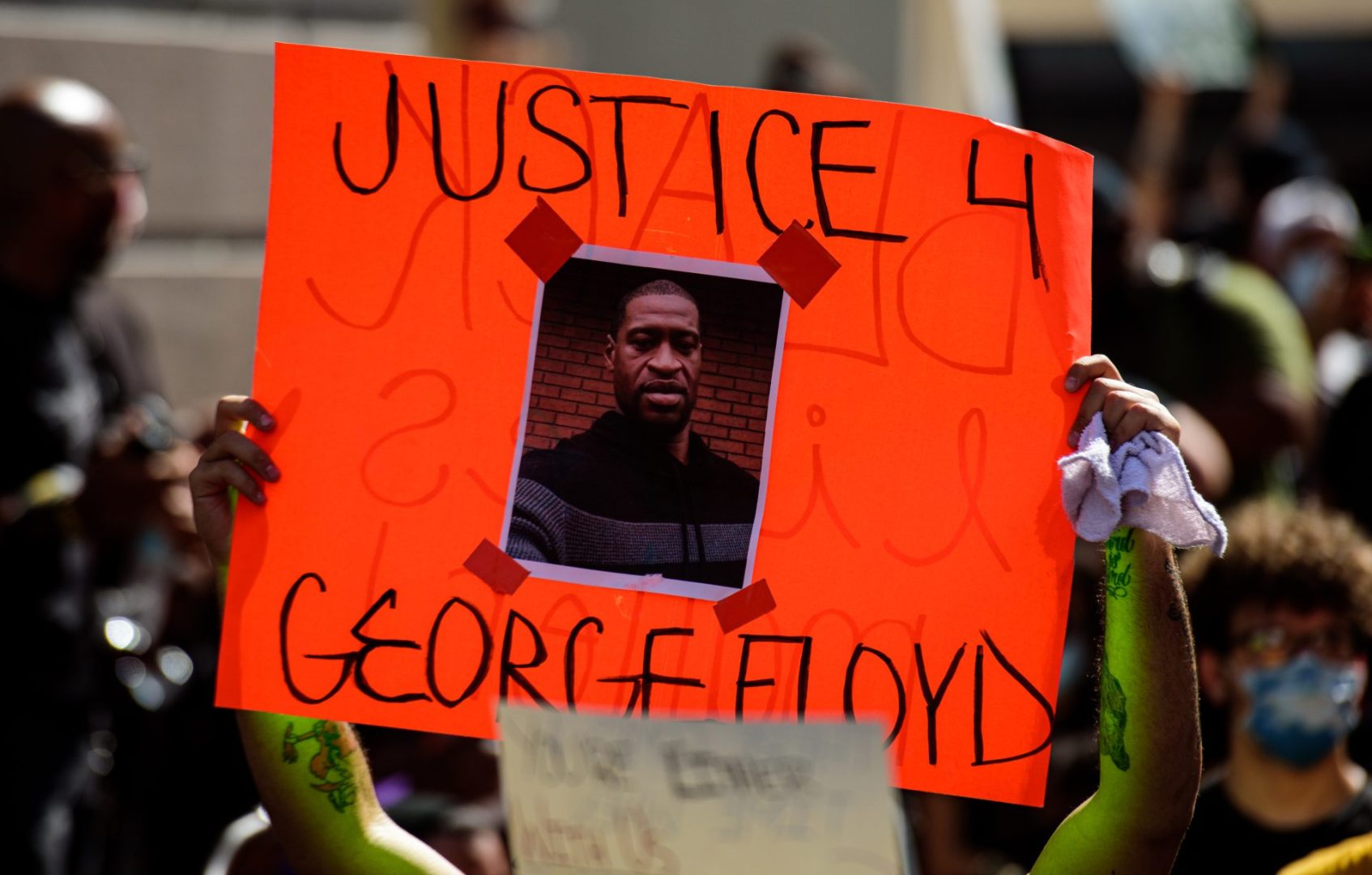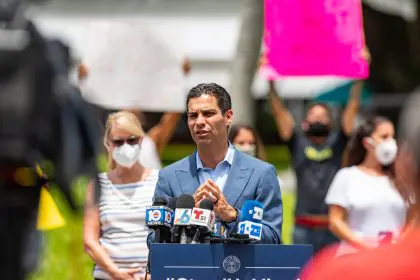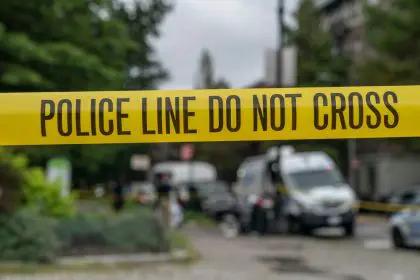In a significant legal move, business owners at the historically significant yet troubled intersection of 38th Street and Chicago Avenue — now known as George Floyd Square — have filed a lawsuit against the city of Minneapolis for $30 million. This lawsuit, filed in Hennepin County, highlights claims of neglect and unlawful treatment by the city, as reported by CBS News.
The plaintiffs include the owners of Unity Foods (formerly Cup Foods) and several neighboring businesses, who argue that the city’s failure to address rising crime rates, deteriorating infrastructure and insufficient police presence has severely impacted their revenue, property values and community reputation.
Michael Healey, the attorney representing the businesses, asserts that the city’s inaction has effectively transformed George Floyd Square into a “no-go zone” for law enforcement. He emphasizes that this has turned a site of remembrance into a perilous environment for both residents and businesses.
The business owners are seeking compensation for the financial and emotional toll they have endured since George Floyd’s tragic death in May 2020.
George Floyd Square: A memorial for some, a struggle for others
The corner where George Floyd lost his life has become a national symbol in the fight against police brutality and systemic racism, igniting the #BlackLivesMatter movement and reshaping mainstream media narratives. However, while George Floyd Square has evolved into a space for activism and reflection, business owners argue that this visibility has not translated into economic opportunities. Instead, they contend that the city’s neglect has left them grappling with increased crime, reduced foot traffic and a lack of municipal support.
Crime statistics reveal the challenges these businesses face. In the seven weeks following Floyd’s death, there were 233 gunfire incidents and 11 people shot in the area, a stark contrast to the previous year’s statistics, which reported no gunfire incidents during the same period. By late 2020, violent crimes in Minneapolis’s Ward 8, which encompasses George Floyd Square, were significantly higher than in other city wards, contributing to the perception of the area as unsafe and hampering business growth.
Unity Foods, located at the heart of this intersection, is particularly emblematic of the ongoing struggles. It was in front of this store that former police officer Derek Chauvin infamously pinned Floyd’s neck to the ground for 9 1/2 minutes, leading to nationwide protests and a reckoning over racial injustice. The businesses surrounding George Floyd Square are still waiting for justice in their own right.
In addition to crime, economic hardships have heavily impacted the area. Property values in neighborhoods affected by the riots following Floyd’s death have lagged significantly behind those in unaffected areas, with the latter increasing by as much as 30 percent. This decline in property values represents a substantial loss for business owners who have struggled to recover since 2020.
The city’s plans to redesign the intersection and preserve it as a memorial extend into 2027, leaving local business owners uncertain about their future endeavors.
Legal action amplifies frustration
This lawsuit is not the first legal action taken by these business owners. An earlier attempt was dismissed two months ago, but Healey is now preparing a second lawsuit on behalf of seven additional businesses near the square, seeking damages that exceed the initial $30 million demand.
The city has conducted community workshops and shared a draft plan for redesigning the area, but the timeline for these changes could stretch for several years.
A community at a crossroads
The frustrations of business owners resonate with some community members who feel the area has been left in limbo. George Floyd Square has become a pilgrimage site for social justice supporters nationwide, yet its transformation into a memorial has not necessarily benefited local commerce. As Minneapolis grapples with how best to honor Floyd’s legacy, this lawsuit underscores the complex interplay between police brutality and the economic realities faced by those living and working near the site of the tragedy.
The $30 million demand reflects a growing sentiment among business owners that financial compensation is overdue in their quest for justice and accountability. Their fight for recognition and restitution is far from over, with their attorney promising further legal action to spotlight their cause. Meanwhile, the future of 38th Street and Chicago Avenue remains uncertain.
















